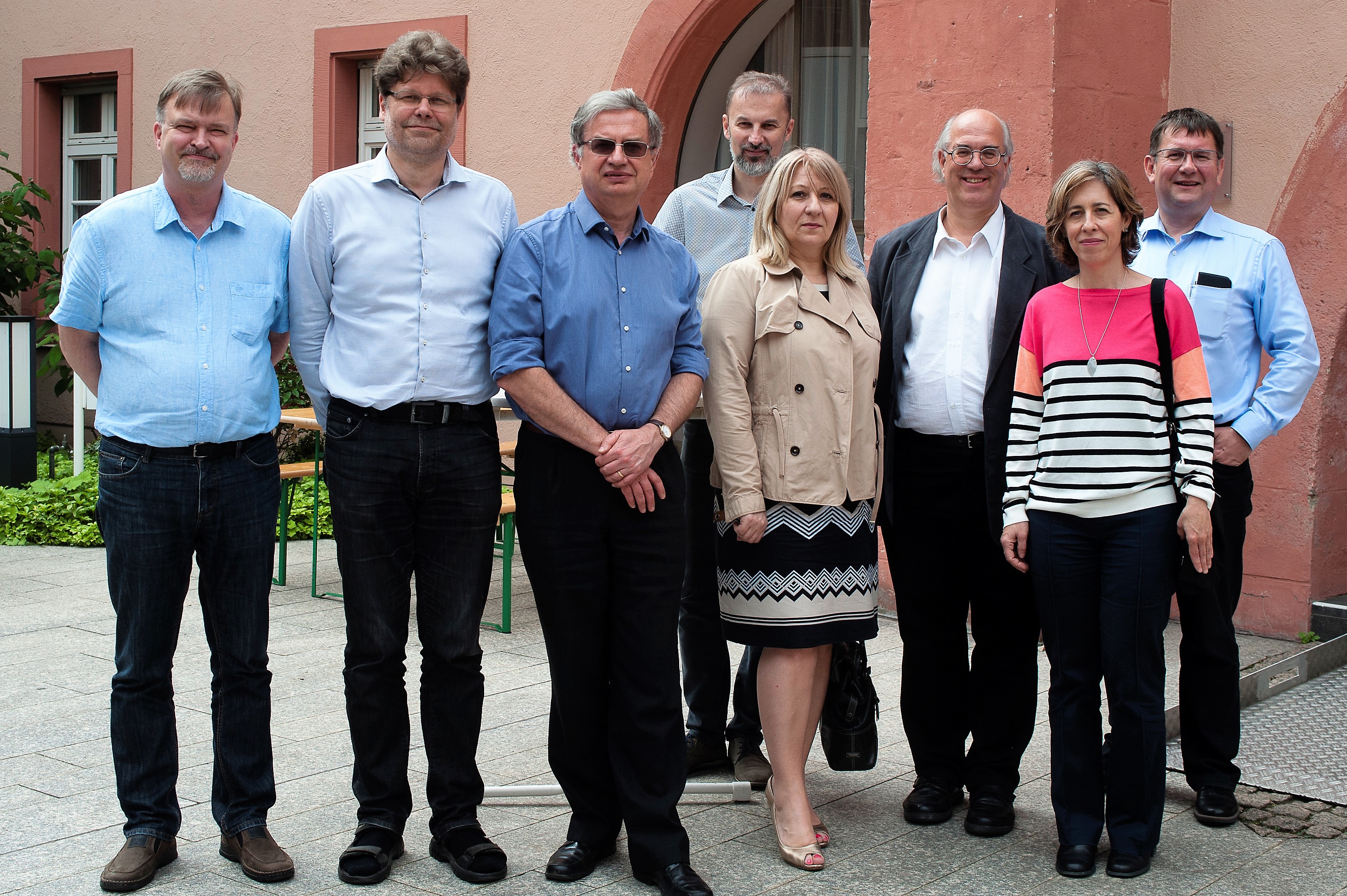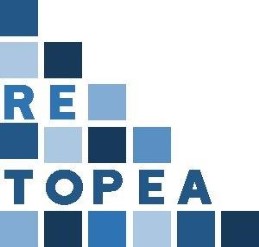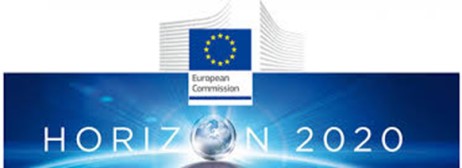Religious Toleration and Peace (RETOPEA)
Narratives on Europe today, are often characterised by conflicting views on the relationship between religion and society. However, historical dimensions of these narratives have often been neglected in sociological research, and at the same time, the voices of religious people remain largely absent from legal and political discourses. The RETOPEA project carried out both research and innovation activities to tackle this challenge.
After completion of the historical subproject in 2020, the area of »Data Management« was continued by the IEG. It coordinated the provision and indexing of the materials on a website in seven languages. The project was successfully completed in October 2022.
In early 2025, the final publication ‘Teaching and Learning about Religious Diversity in the Past and Present: Beyond Stereotypes’, edited by Karel van Nieuwenhuyse, John Maiden and Stefanie Sinclair, was published by Springer Nature, see link on the right.
.jpg)
The RETOPEA-Projectgroup at the IEG. From left to right: I. Laudito, C. Schellekens, I. Dingel, H. P. Jürgens.
The project focused on three main questions:
- What can religious peace settlements (pacts, treaties and informal settlements) tell us about how complex problems of religious cohabitation were practically handled in the past?
- How are some of the same key issues of religious cohabitation presented in contemporary culture and media?
- How can the results of historical research about the practical implementation of peace settlements be used to develop innovative, engaging teaching and learning materials for young people that will help them understand the issues at stake in religious coexistence?
The project responded to these questions by developing research and innovation activities in four main areas:
- Interdisciplinary research into peace settlements with the aim of understanding different ways in which they dealt with several aspects of religious cohabitation: the conflicts that motivated the settlements; the conceptual framing of the issues; the solutions to practical problems; the effects on ordinary people
- Research into media representations of similar issues of cohabitation to those covered by the peace settlements. This will help contextualise and problematise (often simplistic) representations of religious cohabitation
- Development of educational tools based on the historical research. In particular, young people will produce docu-tubes (short films for online dissemination) using information from the research carried out in the project
- Dissemination of the lessons learned from the innovative teaching approach among teachers, policymakers, and opinion makers with a stake in promoting successful religious cohabitation.
The project made key contributions to research and to education. In terms of research, the project transformed peace settlements into genuine learning resources by identifying aspects that challenge our contemporary assumptions about religious cohabitation, and which can be used to enrich contemporary debates. In terms of education, the project moved beyond the ideas of "lessons from history" and instead promoted active engagement with ideas, problems, solutions and processes from the past, in order to encourage young people to think about present and future forms of religious cohabitation in a more nuanced, empathetic way.

Principal investigators of the partner institutions


This project has received funding from the European Union’s Horizon 2020 Research & Innovation programme under Grant Agreement no. 770309


